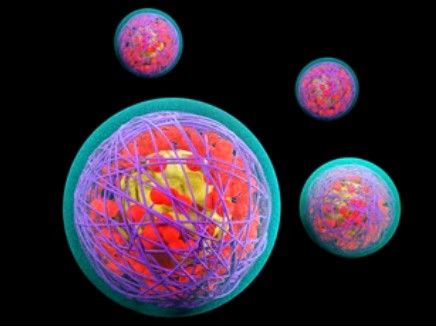Plant-derived nanopesticides often employ nanocarriers, such as nanoparticles, nanocapsules, or nanogels, to enhance the stability, solubility, and controlled release of the active compounds. Plant-derived nano-insecticides represent a breakthrough approach to sustainable crop protection. By integrating nanotechnology and plant-derived active compounds, targeted pest control solutions are provided while minimizing environmental risks.
Lifeasible is dedicated to plant protection. We aim to provide comprehensive solutions for the development of new pesticides that are greener, safer, and more efficient. We play a crucial role in advancing biopesticide development.

Plant-derived nanopesticides exhibit potent insecticidal, fungicidal, and herbicidal properties. The targeted delivery of bioactive compounds ensures precise action against pests, minimizing off-target effects and reducing the need for frequent applications. Additionally, these formulations can effectively combat pesticide-resistant insects and pathogens, offering a sustainable alternative to conventional pesticides.

Lifeasible is an industry leader in biopesticide development. We aim to provide effective solutions for developing plant-derived nanopesticides. If you are interested in us, please feel free to contact us.
Lifeasible has established a one-stop service platform for plants. In addition to obtaining customized solutions for plant genetic engineering, customers can also conduct follow-up analysis and research on plants through our analysis platform. The analytical services we provide include but are not limited to the following:
Get Latest Lifeasible News and Updates Directly to Your Inbox
Adaptive Evolutionary Mechanism of Plants
February 28, 2025
Unraveling Cotton Development: Insights from Multi-Omics Studies
February 27, 2025